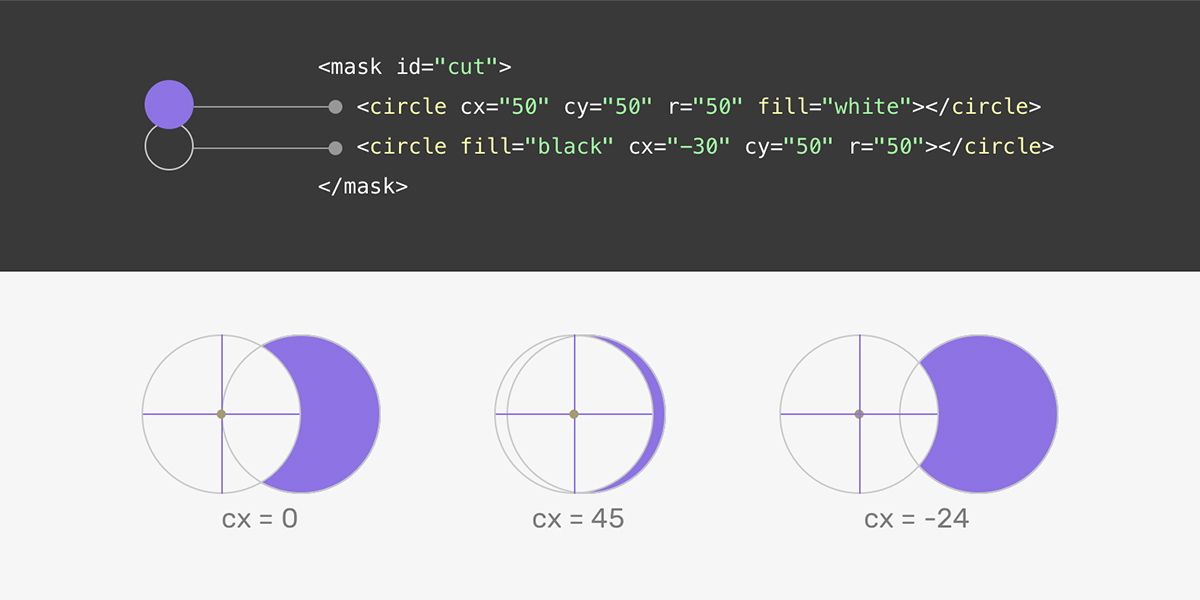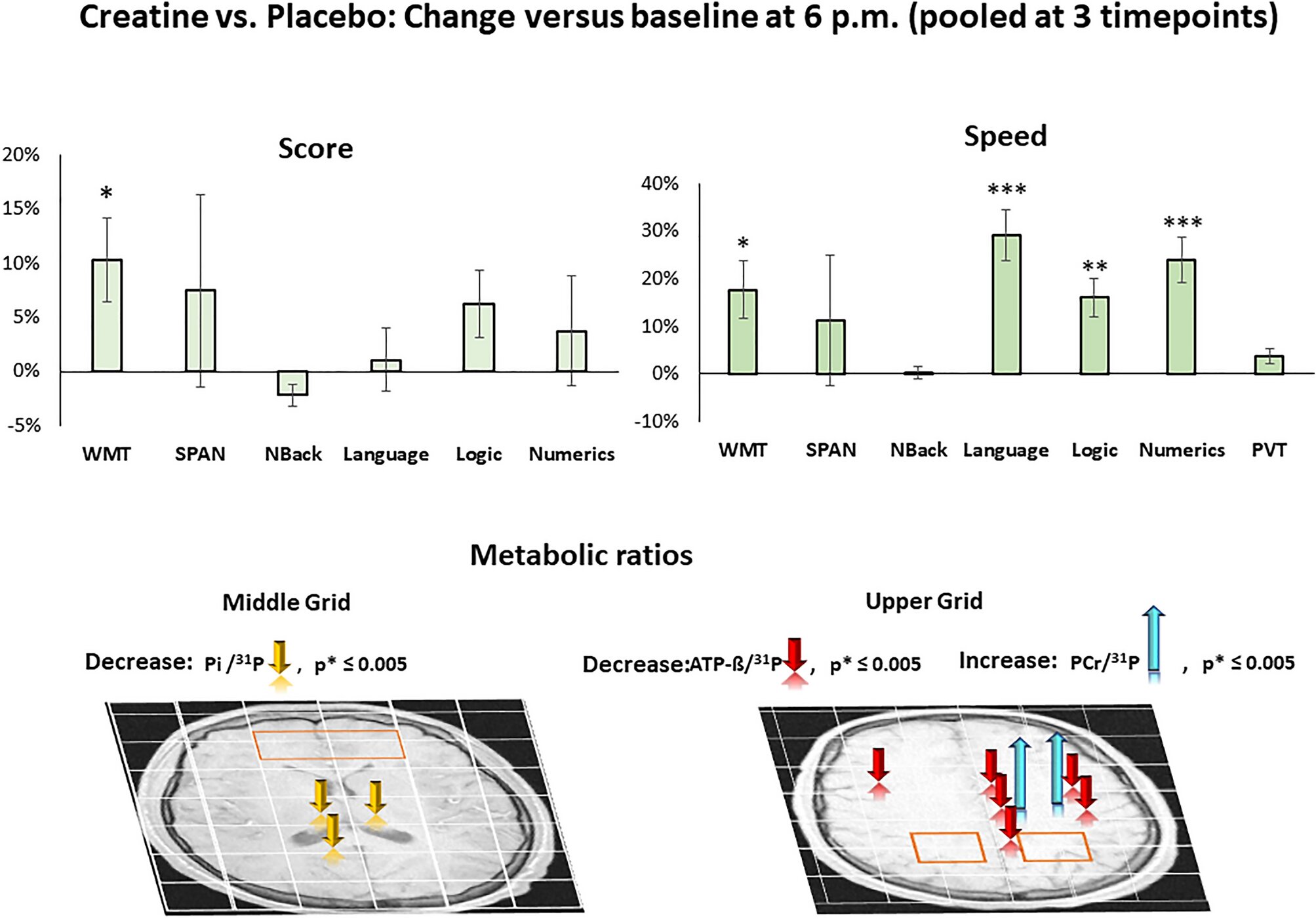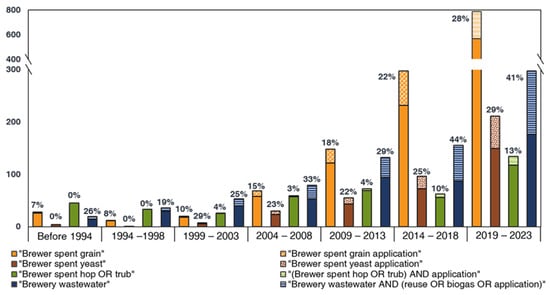
The Reebok effect - LessWrong
The principle here is that if you’re trying to make the result sound as impressive as possible, an unintended consequence is that you’re revealing the upper limit.
Many years ago I saw an ad for a running shoe (maybe it was Reebok?) that said something like “At the New York Marathon, three of the five fastest runners were wearing our shoes.” I’m sure I’m not the first or last person to have realized that there’s more information there than it seems at first. For one thing, you can be sure that one of those three runners finished fifth: otherwise the ad would have said “three of the four fastest.” Also, it seems almost certain that the two fastest runners were not wearing the shoes, and indeed it probably wasn’t 1-3 or 2-3 either: “The two fastest” and “two of the three fastest” both seem better than “three of the top five.” The principle here is that if you’re trying to make the result sound as impressive as possible, an unintended consequence is that you’re revealing the upper limit.
This implies that advertisers would be better off if they occasionally violated such assumptions (such as saying "of the top five" when they were in the top four) enough that it weakens the inferences viewers can make, by enough to benefit the advertisers.








/cdn.vox-cdn.com/uploads/chorus_asset/file/24801728/Screenshot_2023_07_21_at_1.45.12_PM.jpeg)












